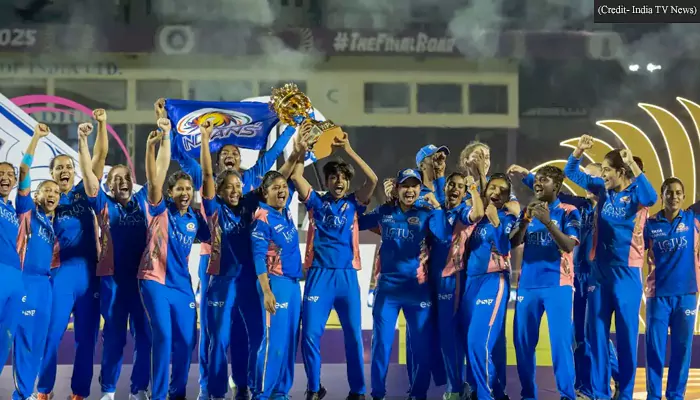Delhi Chokes Ahead of Diwali: Know about 1st Stage of Anti-Pollution Action Initiated by Govt
- Soham Halder
- 1 year ago
- 3 minutes read

Delhi recorded two consecutive days of poor air quality as the AQI value reached 234 after Dussehra celebrations.
Especially during winter season, as temperature drops, it is often accompanied by dense fog making Air Quality Index (AQI) extremely poor. This is has been the story for last couple of years and situation is worsening every year. However, this year, Delhi showed indications of more tougher times ahead with consecutive days of poor air quality even before Diwali. In this article, we will discuss about current status of air quality and Anti-Pollution Action plan by the government.

Current Air Quality Index in Delhi:
The Central Pollution Control Board (CPCB) mentioned in a recent report: “The air quality index (AQI) of Delhi reached 234 on Monday. Delhi's AQI entered the "poor" category on Sunday with a reading of 224, a day after Dussehra celebrations across the capital. The last time that the city's AQI slipped in the ‘poor’ category was 19 days ago, on September 25.”
The air quality was reported in "poor" categoty in NCR including Ghaziabad (265), Noida (243), and Greater Noida (228). Moderate air quality was observed in Gurugram (169) and Faridabad (177).
In response to that, the first stage of Anti-Pollution Action being initiated in affected areas.
Know the Range of AQI:
As per CPCB parameters, AQI range of 0-50, 51-100, 101-200, 201-300, 301-400, 401-500 are considered "good", "satisfactory", "moderate", "poor", "very poor", and "severe" respectively.

About Anti-Pollution Action Plan:
The action plan also known as Graded Response Action Plan (GRAP) is about stepwise monitoring and controlling air quality with essential preventive measures. The Stage 1 of the GRAP focuses on mitigating air pollution through dust control at construction areas, proper waste management, along with regular road cleaning.
In this stage, polluting vehicles are checked thoroughly while improving traffic management. Emissions are controlled at the industrial sites especially in power plants and brick kilns. The residents are notified about strictly banning open burning of waste materials and coal use in eateries.
To enhance, waste management, Municipalities start water sprinkling on roads followed by mechanised sweeping. As Diwali festival is about to begin, in areas with poor air quality status, firecrackers will be banned till January 1, 2025.
VIDEO | "Winter Action Plan to curb pollution in Delhi is being prepared. An experts' meet was held today to discuss ways to make it more effective, where over 50 experts, NGOs and researchers have put forth their views; 33 departments have also expressed their views. We have… pic.twitter.com/p7U846Yj9X
— Press Trust of India (@PTI_News) August 29, 2024
Credit - @PTI_News X handle
Environment Minister Urges Public Participation:
Delhi’s environment minister Gopal Rai said: "We are the ones using private vehicles, engaging in construction work and failing to turn off our vehicles at red lights. A change in our behaviour is essential to reduce pollution. Self-awareness is important. Small steps by everyone will bring a big change. This year, the main objective of our government will be to control pollution through public participation.”
According to the forecast reported by IMD/ IITM, the overall AQI of Delhi will be gradually moving back to the 'Moderate' category in coming days.
As Diwali is approaching the minister has written a letter to Union Environment Minister Bhupender Yadav to start cloud seeding and artificial rain during peak smog season starting in November. The government has also designed special winter action plan to combat the air pollution.












